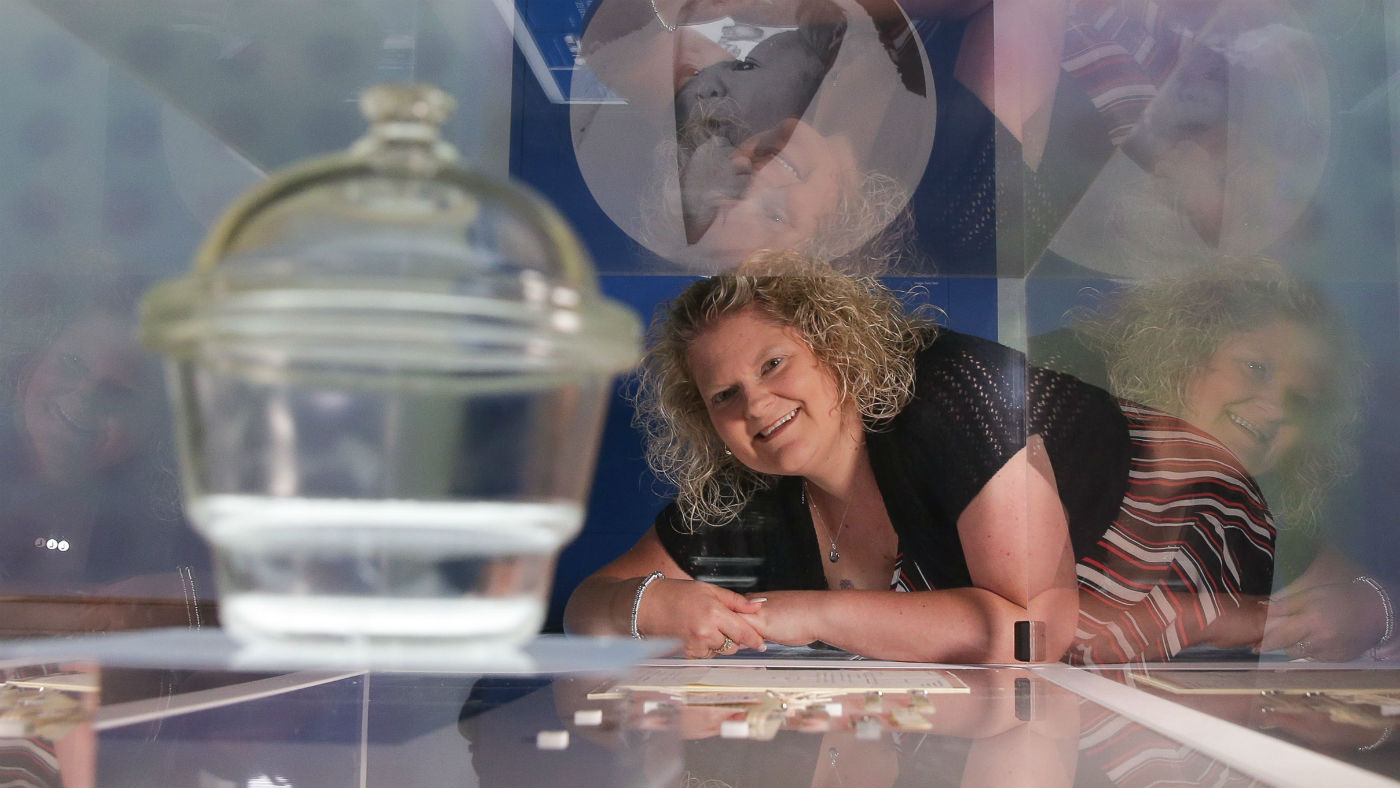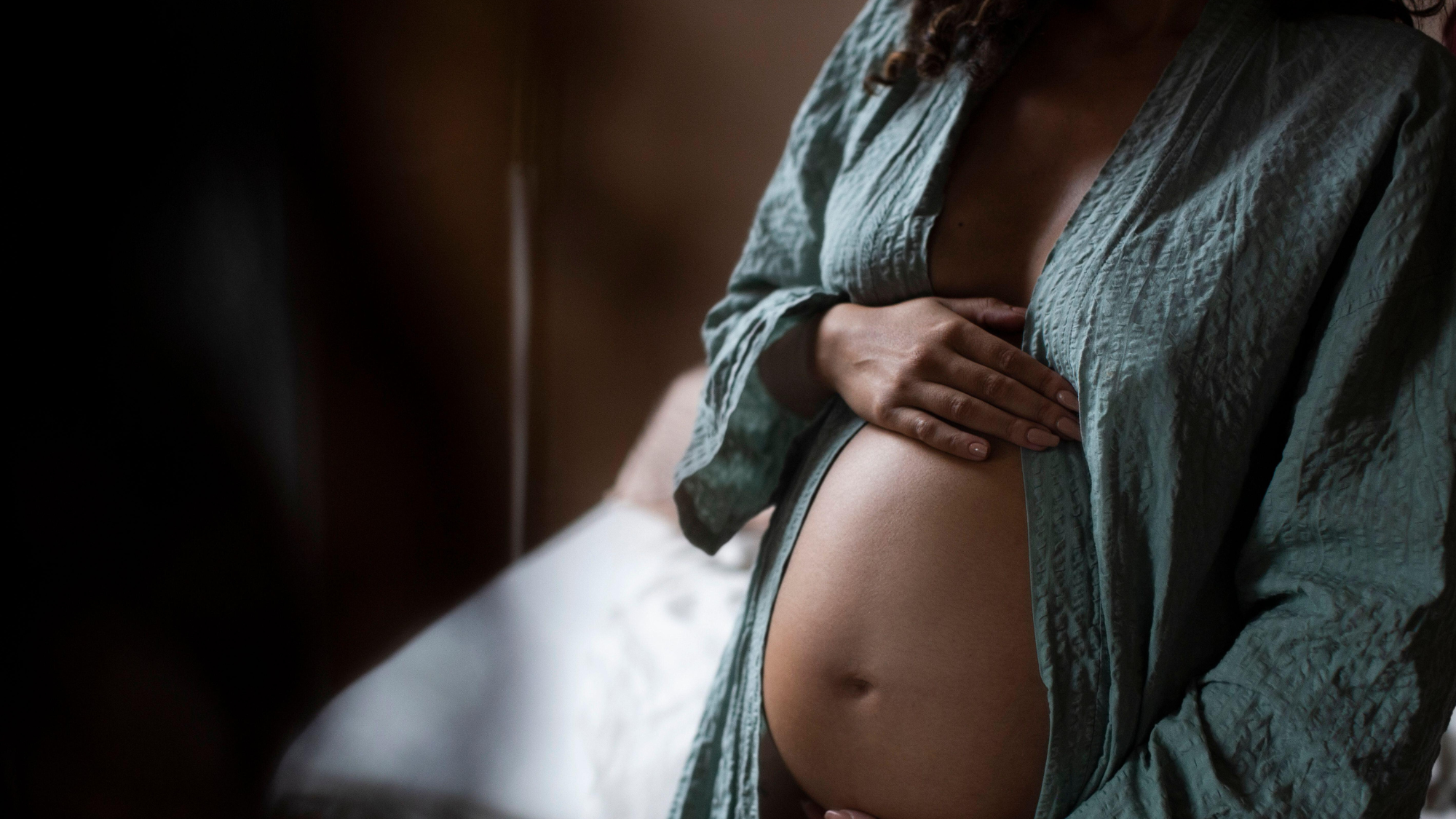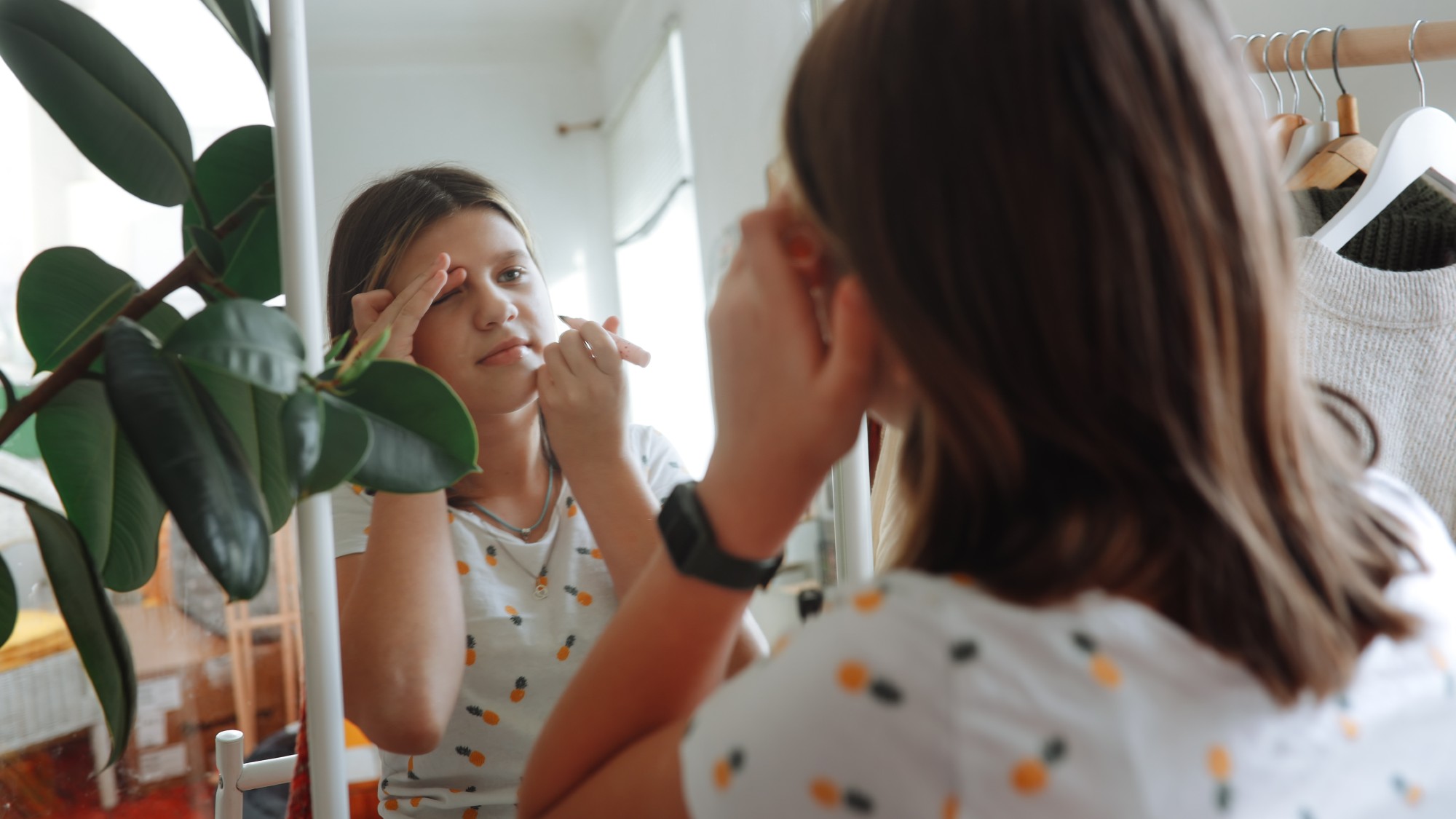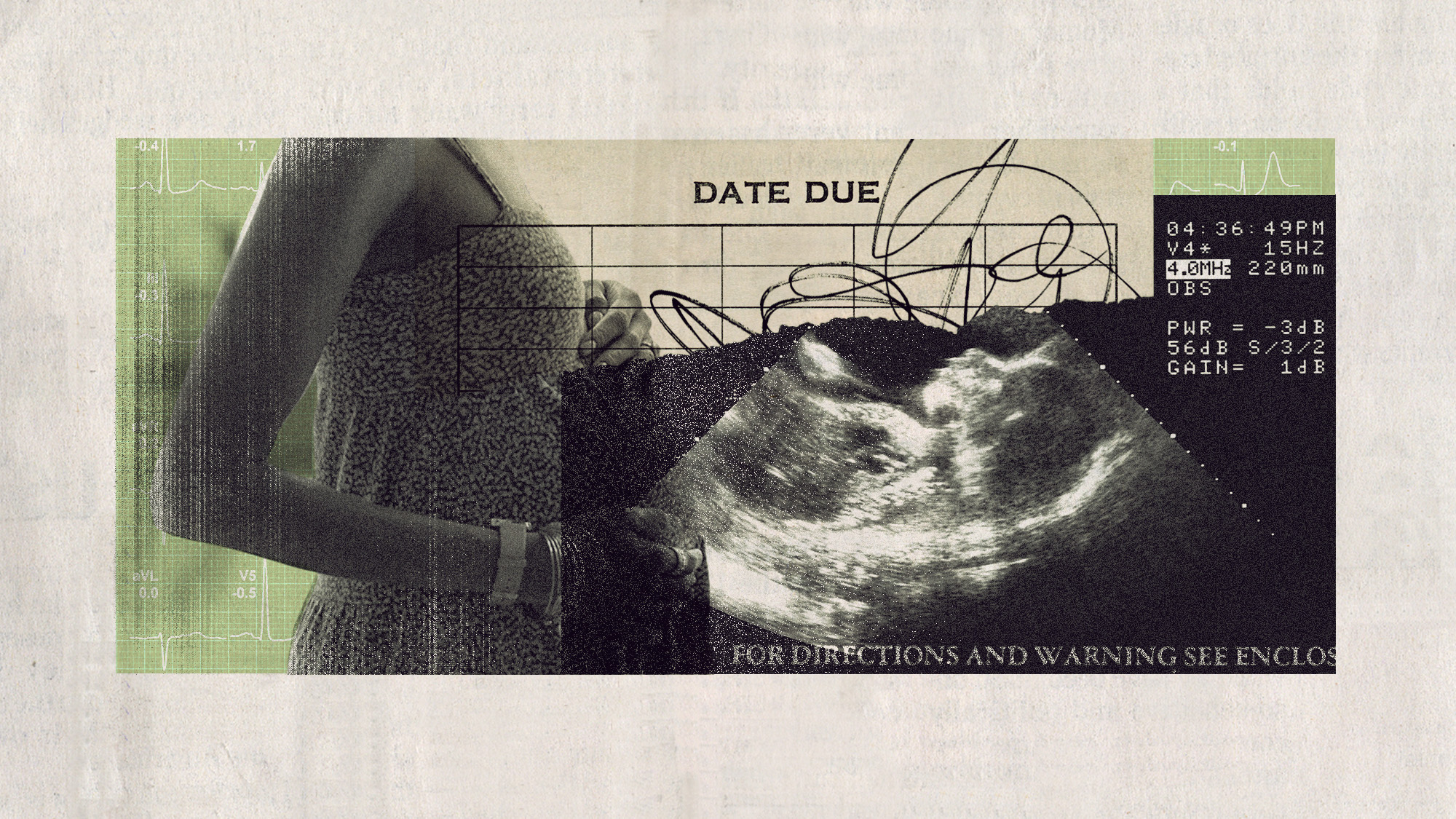How IVF is fuelling a UK adoption crisis
Success of fertility treatment has seen adoption rates fall by almost two-thirds in forty years

A free daily email with the biggest news stories of the day – and the best features from TheWeek.com
You are now subscribed
Your newsletter sign-up was successful
A huge increase in IVF use among British couples has caused adoption rates to plummet, even as the number of children in care remains at record highs.
Since fertility treatment began in 1978, in vitro fertilisation’s success rate has almost tripled from 7% to 29% for under-35s, while adoptions in England and Wales have fallen by almost two-thirds (62%) over the same period.
Despite a record 72,670 children entering the care system in 2017, the equivalent of over 90 a day, just 5,000 young people were adopted, less than half the figure forty years ago.
The Week
Escape your echo chamber. Get the facts behind the news, plus analysis from multiple perspectives.

Sign up for The Week's Free Newsletters
From our morning news briefing to a weekly Good News Newsletter, get the best of The Week delivered directly to your inbox.
From our morning news briefing to a weekly Good News Newsletter, get the best of The Week delivered directly to your inbox.
The figures have prompted Anthony Douglas, head of the Children and Family Court Advisory and Support Service, to warn of the dangers now that adoption was competing with “lots of other ways of having children”.
He told the Daily Telegraph this was also in part due to the length of time it takes to become an approved adopter in England and Wales, a process he said “takes twice as long as it should, which puts people off”.
Over the past six months alone there has been a 30-day increase in waiting times for children to be placed with adoptive families, with youngsters waiting to be adopted currently outnumbering approved adopters by three to one.
Earlier this month, the BBC reported the National Adoption Service had put out a call for prospective parents in Wales to come forward to help, following an “unanticipated increase” in children looking for homes.
A free daily email with the biggest news stories of the day – and the best features from TheWeek.com
Adoption and fostering charity, Home for Good, has argued that framing adoption as the preserve of those who are unable to have birth children is a misunderstanding.
Founding Director Dr Krish Kandiah, said: “the claims are a misunderstanding of the very essence of adoption. Ultimately, adoption is not about family completion but the flourishing of vulnerable children. Conflating infertility and adoption is not helpful and the claims that IVF success has caused a ‘collapse in adoption’ is so simplistic it paints an untrue picture.”
“Adoption is for all those who want to make a difference in the lives of vulnerable children, not just those suffering with infertility” he adds.
Nevertheless, The Independent says the fall in adoptions “follows warnings that adoptive parents are being “overwhelmed“ by a lack of support from social services to deal with pressures, with recent research suggesting more than a quarter of such families are in “crisis”.
Failure to place children is also having a financial impact on local authorities. Analysis by the children’s charity Coram has found failing to find adoptive families for just 30 children a year costs £1m for each extra year they remain in care.
Speaking ahead of his departure from Cafcass, Douglas also revealed that for the first time the service was seeing middle class children from “good homes” being taken into care because they were being lured into crime by so-called county lines gangs.
It follows a report published last year by the All Party Parliamentary Group on Runaway and Missing Children and Adults warned that children as young as eight from “stable and economically better-off backgrounds” were being exploited by criminal gangs.
-
 Why is the Trump administration talking about ‘Western civilization’?
Why is the Trump administration talking about ‘Western civilization’?Talking Points Rubio says Europe, US bonded by religion and ancestry
-
 Quentin Deranque: a student’s death energizes the French far right
Quentin Deranque: a student’s death energizes the French far rightIN THE SPOTLIGHT Reactions to the violent killing of an ultraconservative activist offer a glimpse at the culture wars roiling France ahead of next year’s elections
-
 Secured vs. unsecured loans: how do they differ and which is better?
Secured vs. unsecured loans: how do they differ and which is better?the explainer They are distinguished by the level of risk and the inclusion of collateral
-
 ‘Zero trimester’ influencers believe a healthy pregnancy is a choice
‘Zero trimester’ influencers believe a healthy pregnancy is a choiceThe Explainer Is prepping during the preconception period the answer for hopeful couples?
-
 Trump HHS slashes advised child vaccinations
Trump HHS slashes advised child vaccinationsSpeed Read In a widely condemned move, the CDC will now recommend that children get vaccinated against 11 communicable diseases, not 17
-
 Deaths of children under 5 have gone up for the first time this century
Deaths of children under 5 have gone up for the first time this centuryUnder the radar Poor funding is the culprit
-
 Stopping GLP-1s raises complicated questions for pregnancy
Stopping GLP-1s raises complicated questions for pregnancyThe Explainer Stopping the medication could be risky during pregnancy, but there is more to the story to be uncovered
-
 Choline: the ‘under-appreciated’ nutrient
Choline: the ‘under-appreciated’ nutrientThe Explainer Studies link choline levels to accelerated ageing, anxiety, memory function and more
-
 The controversial Free Birth Society
The controversial Free Birth SocietyThe Explainer Influencers are encouraging pregnant women to give birth without midwife care – at potentially tragic cost
-
 The expanding world of child skincare
The expanding world of child skincareUnder the Radar Beauty line for kids as young as three sparks ‘rage’
-
 The rise in unregulated pregnancy scans
The rise in unregulated pregnancy scansUnder The Radar Industry body says some private scan clinics offer dangerously misleading advice